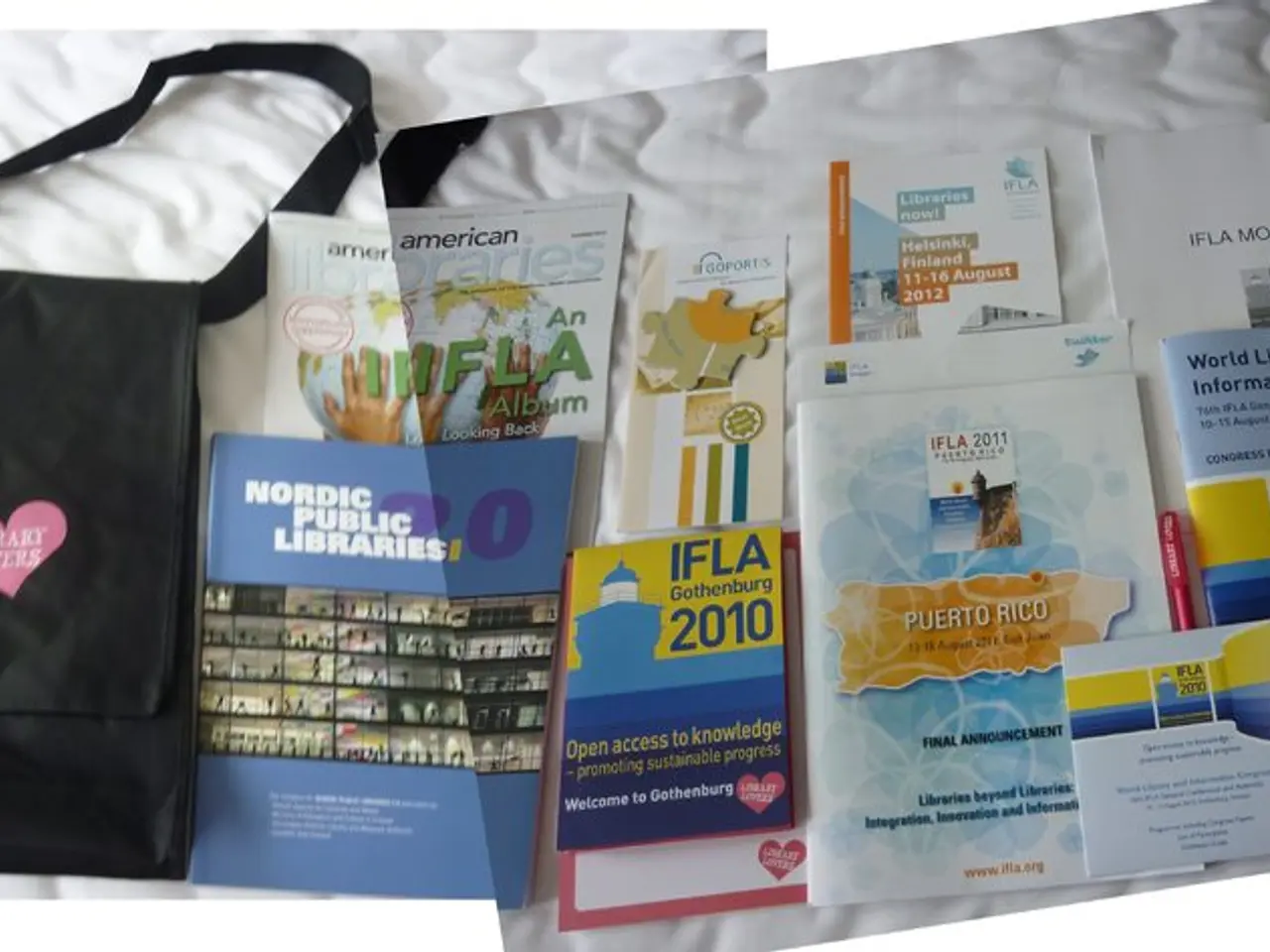Exploring the depths of Princeton's Rare Book Room
Princeton University Library’s Special Collections, housed in Firestone and Mudd libraries, offer a wealth of primary sources for humanities research, including unique manuscripts, rare books, and archival documents. Here's how to access and research these materials effectively:
In-Person Access and Consultation
Researchers can visit Special Collections in person to directly consult materials. You are allowed to take photographs of most items for reference during your visit. Before your visit, check the online catalog and finding aids for available digitized materials and collection descriptions. Many items may already be digitized and available to download directly from the catalog.
Digital Access and Digitization Requests
Many primary sources from Special Collections are digitized and accessible via the item’s record in the library catalog or finding aids. For items not currently digitized, you can request up to 30 low-resolution reference images at no cost per person/project per six months. Requests for larger digitization projects (up to 300 pages per person/project) are also possible, but may be limited by copyright and current demand; always contact Special Collections in advance for large or time-sensitive requests.
Research Strategies for Humanities Scholars
Begin your research by searching the Princeton Library catalog and finding aids to identify relevant collections and items. Consult subject guides (e.g., Russian & Soviet History) to highlight notable collections and suggest related repositories at other institutions, such as the Hoover Institution, Harvard, and Columbia, which may supplement your research. Additionally, broaden your search using digital libraries and open-access collections, which are especially useful for published materials or widely held manuscripts.
Collaborative and Complementary Resources
If your research requires resources beyond Princeton, consider programs like ReCAP, a collaborative repository consortium (though note it primarily serves general collections, not special collections). Princeton’s Special Collections are especially strong in Cold War-era documents, U.S.-Soviet relations, and literary archives—complemented by parallel collections at Harvard, Columbia, Yale, and the Library of Congress.
Practical Tips
- Contact Special Collections staff early, especially if your project requires extensive digitization or unique handling.
- Be mindful of copyright restrictions on published materials; digitization may be limited for these items.
- When referencing or reproducing materials, follow Princeton’s guidelines for citation and request permissions if needed for publication.
Summary Table: Access Methods
| Access Method | Details | |----------------------------------|-------------------------------------------------------------------------| | In-person visit | Direct consultation; photography allowed for most items | | Online catalog/finding aids | Browse digitized materials; identify physical holdings | | Digitization request (small) | Up to 30 low-res images, free, per project/six months | | Digitization request (large) | Up to 300 pages, free; contact staff for advance planning | | External databases/collections | Use subject guides and online resources for broader context[2][5] |
Conclusion
To maximize your research in Princeton’s Special Collections, combine onsite consultation with digital tools, and leverage the expertise of library staff to navigate both digitized and physical holdings effectively. For context or complementary materials, consult subject guides and expand your search to other major repositories when necessary.
Junior scholars can find valuable resources for education and self-development by delving into the junior paper-related materials available in Princeton University Library's Special Collections, which offer a rich trove of learning opportunities through online education and in-person access to primary sources. For those unable to physical visit, online catalogs and finding aids can ensure effective learning by providing access to digitized materials and collection descriptions, while requesting low-resolution reference images for items not currently digitized is a feasible option for online education.




